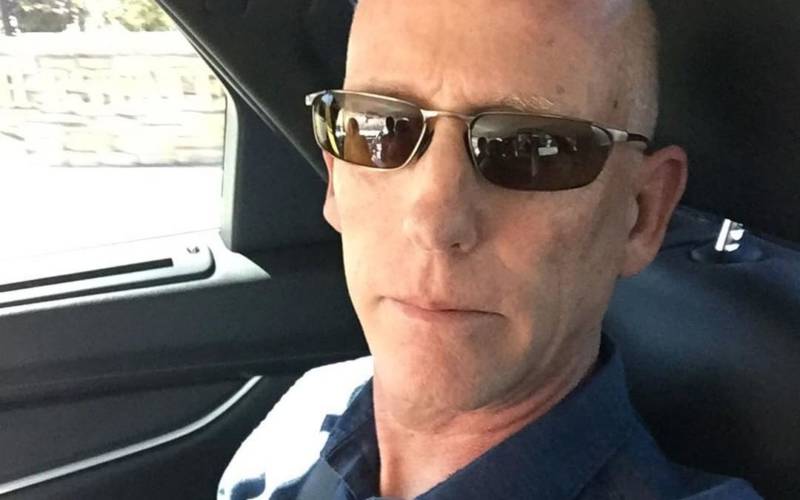For the majority of people, news of the Gilroy Garlic Festival shooting was shocking, confusing and, especially for locals, deeply upsetting. For Scott Adams, Dilbert comic strip creator, right-wing pundit and Chief Strategy Officer of WhenHub, it was an opportunity to promote his business.
Scott Adams Tried to Exploit Gilroy—But He's Not the First to See Profit in Tragedy

The concept behind WhenHub is that the app allows users to search, consult and video chat with experts on specific topics for an hourly fee. WhenHub takes 20% of that fee as payment for using the service. Adams' attempt to use it as a means to connect the media with witnesses to the Gilroy shooting was greeted with outrage on Twitter and sent Adams, a Danville resident, into defensive mode.
In an almost-hour-long video, purporting to be about "fake outrage trolls," Adams explained that several months ago, he sent out a tweet similar to the one he posted in regards to Gilroy, trying to bring journalists and witnesses together after a deadly helicopter crash in New York. “I think there were zero people who complained," he said. "Here’s why. There’s no political interest group that is involved with helicopter crashes. I did exactly the same thing… and nobody complained.”
Usually when there are attempts to profit from a tragedy as it's unfolding, it's a large company taking advantage of social media trending topics to shill its products or to increase website hits. The day after the Boston bombing, Condé Nast's Epicurious food website posted two ill-advised tweets: "Boston, our hearts are with you. Here’s a bowl of breakfast energy we could all use to start today" and "In honor of Boston and New England, may we suggest: whole-grain cranberry scones!"
It was a major misstep given the disgust that had greeted companies the year prior after attempts to capitalize on Hurricane Sandy. The day of the storm, The Gap tweeted: "All impacted by #Sandy, stay safe. We’ll be doing lots of Gap.com shopping today. How about you?" Simultaneously, American Apparel was sending a targeted email to customers in nine East Coast states that read: “In case you’re bored during the storm..." and offered a discount for anyone entering the code "SANDYSALE at Checkout.”
Though The Gap removed the offending tweet and replaced it with a clarification, American Apparel CEO Dov Charney felt no remorse for his company's insensitivity. “We’re here to sell clothing,” he later told Bloomberg Businessweek. “I’m sleeping well at night knowing this was not a serious matter."
It is Kenneth Cole, though, that offers us the most insight into why companies are willing to make such obvious gaffes. In 2011, the designer tweeted that the chaotic scenes accompanying that year's Egyptian revolution were, in fact, caused by excitement over his new collection. Two years later, as the Syrian civil war escalated, he borrowed a phrase Barack Obama had used about the conflict and tweeted: "'boots on the ground’ or not, let’s not forget about sandals, pumps and loafers. #Footwear.”
In an October 2013 issue of Details, Cole explained: "Billions of people read my inappropriate, self-promoting tweet, I got a lot of harsh responses, and we hired a crisis management firm… But our stock went up that day, our e-commerce business was better, the business at every one of our stores improved, and I picked up 3,000 new followers on Twitter. So on what criteria is this a gaffe? … I’m not even sure I used the words 'I’m sorry'—because I wasn’t sorry.”
With that in mind, it's not that surprising to see the kind of insensitivity displayed by Scott Adams this week. For his part, like Cole and Charney, Adams is sticking by his decision to use tragedy for profit. “I do plan on doing the same thing in the future," he said in a Twitter video. "Now, if it’s a mass shooting, I might think twice,” he laughed, “...just because of the pushback.”

